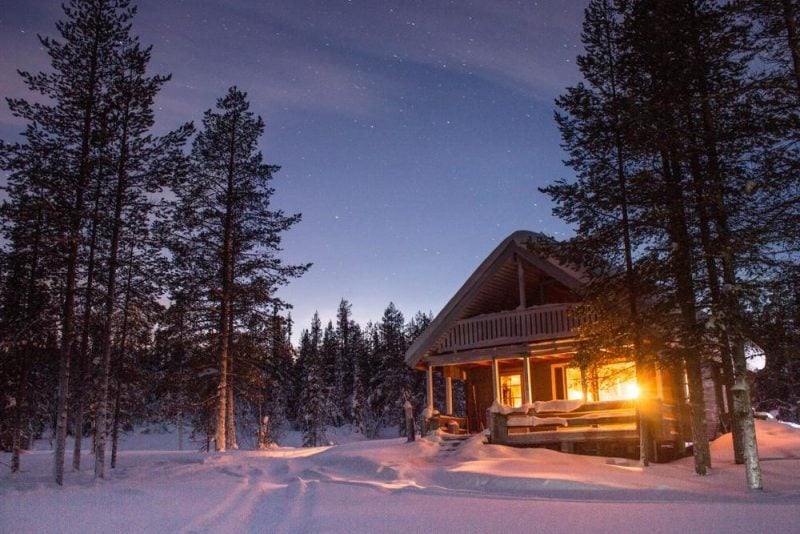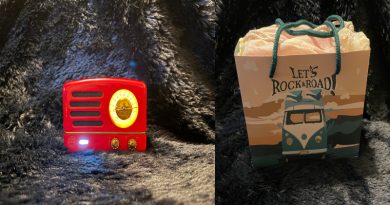11 Essential Tips to Getting Your Cabin Ready for Winter
With summer almost coming to an end and the winds of autumn blowing this way, it is high time to prepare for winter. While the preparation for winter is not that difficult for many people, cabin owners can find themselves in a lurch if they do not take timely measures.
Here are eleven tips to avoid last minute problems that may arise if one is not careful about closing down the cabin for winter.
1. Cutting off the Water Supply
Since the cabin will be out of use for the winter season, the owners should make sure that all running water supplies are cut off. The pipes should be drained and the water tanks should be empty. Leaving the water supply running will cause the pipes to freeze and rupture during winter.
If the cabin has a septic tank, the owners should inspect it and if possible, call in an expert to make sure the tank is functioning properly. Otherwise, it can overflow and cause sewage to seep through the cabin.
2. Unplugging Electrical Circuits
One of the key steps is to make sure that all electrical circuits are turned off and unplugged. Leaving the sockets on during winter only increases the chances of short-circuits and fire.
Turning off the electricity line completely is not a good idea either since some of the electrical appliances such as external lights and alarm clock need to function during the winter. Only unplugging the unused electrical sockets would be enough.
3. Clear Up the Chimney
If the cabin has a chimney, furnace or fireplace, then the owners must clean it out thoroughly. The dampers should be shut tight and all ashes should be cleared out to avoid the chances of a fire.
Another good idea would be to clear out any paper, books or newspapers lying in the cabin. Products which are prone to fire should also be cleared out before winter arrives.
4. Storing Items
To shut the cabin down for winter, it is best to store the items inside. Taking the items home might not be a good idea since the house can become overcrowded. The cabin items can be securely locked inside for the winter.
However, the owner should also take care not to put in any inflammable objects locked in. Fires during winter are quite common and with the cabin shut down for the season, one should be cautious.
5. Turning the Heater Off
For cabins with furnaces and heaters, they should be turned off. The gases should also be turned off after the pipes have been prepared with antifreeze. Keeping them turned on during winter will not only consume unnecessary energy but chances are that a huge fire can break out.
However, keeping all heating materials off is also not a good idea. One needs to split the logs and keep them in the storage. These can be used to prepare makeshift fires for emergency.
6. Keeping Photographic Records
Although taking precautions is necessary, many people may get the nagging feeling that they have missed some steps. In order to ensure that they have taken all the necessary measures to shut down the cabin for Winter, the owners can take pictures or records of the place.
This will help them to keep their worries at bay and also to take action if they did miss out on a step.
7. Removing Snow
The owners should take precautions to remove the excess snow while the cabin is shut down for winter. Excess snow can clog up the cabin and fireplace. This can damage the cabin and make it look rundown.
The owners can arrange for someone to regularly clean up the snow from the outside to give the cabin a fresher, lived-in look.
8. Checking for Entry Points
The owners should check every nook of the cabin for small holes or entry points which can cause cold winds to blow in during the winter. These holes also invite in bugs and mice, which can create a nuisance for the owners once they come back to the cabin during spring.
The owners should also check behind refrigerators, beds and other furniture to ensure there are no holes are left. They can use steel wool to cover up any hole and thus, prevent small animals from getting in.
9. Hiring a Check-In Caretaker
The owner can hire a trustworthy friend or local person to regularly check in on the cabin. The caretaker can give regular reports to the owners and alert them in case if any emergency arises.
10. Lock it up Thoroughly
The last step may be the most obvious one but many cabin owners neglect this simple precaution. The cabin should be locked up completely. All windows should be shut tight and the inner rooms should also be shut tight.
The owners can install extra locks and if possible, electronic locks to keep the cabin shut during winter.
The owners can also think of boarding up the cabin so that suspicious people cannot break in.
Final Thoughts
Cabin owners may find it very difficult to shut down their beloved property during winter. However, the cabins are vulnerable to theft, fire and other disasters during the cold season, especially when no one is using it.
Although the preparations can take up a lot of time, the owners should brace themselves and their cabin for the winter. Only by taking the basic precautions every year, can they keep their cabins usable and return there to have an enjoyable time once winter is over.




